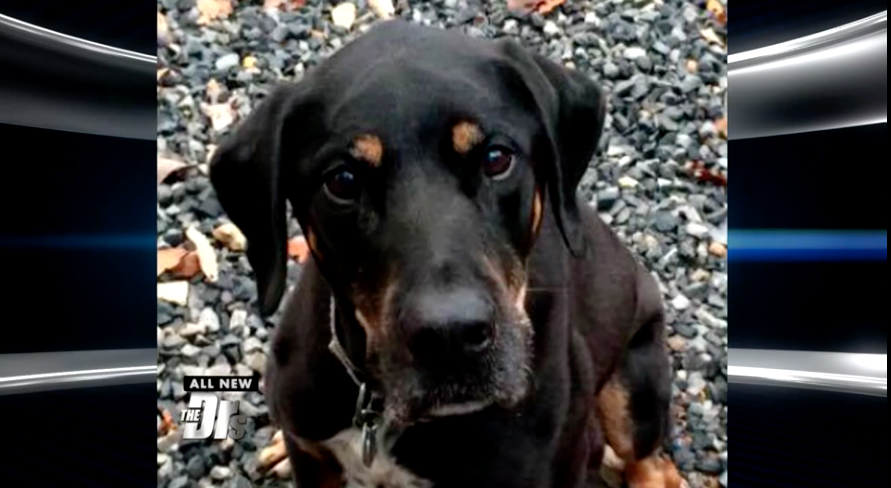Could you lose insurance coverage because of a Facebook post?

Horror stories of people losing their jobs from poorly thought out social media posts aren’t uncommon. If you’re not careful, what you post on Facebook, Twitter or Instagram could also cost you your insurance coverage, too.
According to US Insurance Agents, insurers are now checking social media for relationship statuses, information on pets and to determine if you’re a smoker.
Selfies showing risky behaviour, including photos that appear to be taken while driving, could also come against you.
Even photos of your property that have been geotagged with its location could be used to argue negligence on your part.
Insurance company Nationwide cancelled Melina Efthimiadis’ application for a personal umbrella liability insurance plan when they believed she had an ineligible dog breed that she failed to disclose.
Nationwide used a photo found on her Facebook page to argue that she has a potentially dangerous Rottweiler mix breed, but her dog, Zeus, was actually a lab/hound mix.
Nationwide went back on their cancellation once finding out Zeus was eligible, but by then it was too late and Efthimiadis went with another company.
She said the experience has caused her to rethink what she post on social media.
“It’s sad that you can’t post pictures of your beloved pet on your own Facebook page and have it public,” she told ABC 11. “Unfortunately, I had to go and change some of my pictures just to feel more comfortable about it.”
While the Insurance Bureau of Canada, which deals with home, auto and business insurance companies, told Yahoo Canada Finance that they weren’t aware of any of their member companies collecting information on clients from social media posts, the Canadian Life and Health Insurance Association said publicly available social media posts are a tool, alongside others like physical surveillance, data mining and predictive analysis, that could be used in fraud investigations.
“It’s not that there’s going to be action based on someone’s social media,” Karen Voin, vice president of group benefits and anti-fraud at CLHIA, said. “It’s going to be part of an overall investigation.”
Similarly, The Workplace Safety and Insurance Board says social media activity maybe looked at as “a tool to corroborate evidence of wrongdoing,” but last year that only occurred in a handful of claims.

 Yahoo Finance
Yahoo Finance 
